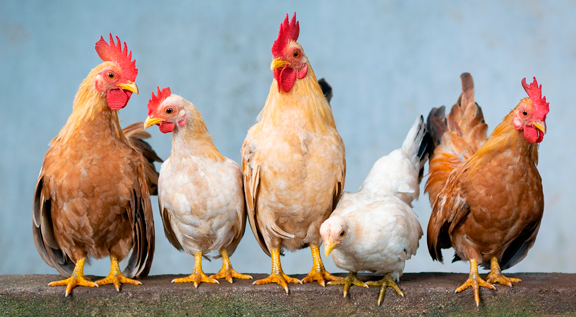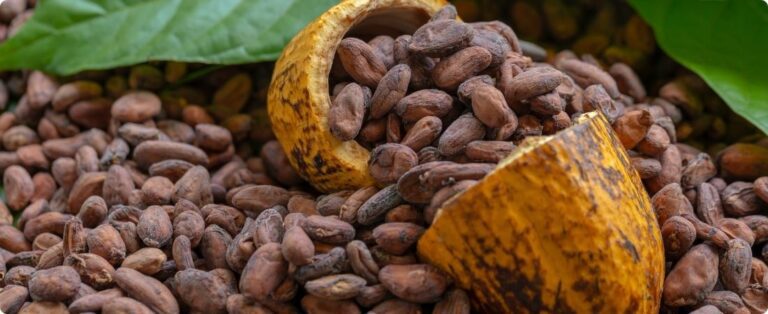
Image: Pixabay
The disease affects domestic and wild birds, but is not transmitted to humans through the consumption of meat and/or eggs. The quality supply of these products is guaranteed.
The Ministry of Agriculture and Livestock (MAG) of Ecuador, through the Phytosanitary and Zoosanitary Regulation and Control Agency (Agrocalidad), activated an “epidemiological fence” to control the first case of H5 avian influenza, detected in a poultry production farm in the province of Cotopaxi, Ecuador, according to government information.
The detection occurs as a result of the controls that Agrocalidad carries out periodically and which have increased due to the alerts presented in Colombia, Peru and Mexico regarding positive cases of avian influenza, a highly pathogenic disease.
{module Form RD}
During these checks, 24 samples were collected, corresponding to the affected production unit (farm), which was intervened, and where Agrocalidad technicians activated the protocols established in the National Avian Flu Contingency Plan, issued through Resolution 040 of 2016.
Patricio Almeida, Executive Director of Agrocalidad, stated that these protocols include quarantine, surveillance and sampling of the avian population susceptible to contagion in the area. “The goal is to determine whether there may be other potential infections,” the official said. He added that, at the moment, the population of affected birds does not exceed 0.15% of the national total and is geolocated. In this way, the outbreak -so far- is under control.
As pointed out by the Ministry, the disease does not affect the consumption of meat and eggs, nor the people who consume the products.
The control and eradication of avian influenza is carried out with the aim of maintaining the productivity of the national poultry sector, which has 1,810 farms and generates 1,800 million dollars, which represents 23% of the Agricultural GDP, contributing 300,000 jobs. Additionally, it produces 500,000 tons of chicken and 3,000 million eggs per year.
Citizens are called upon to stay informed through official channels.
Source: Notícias Agrícolas















